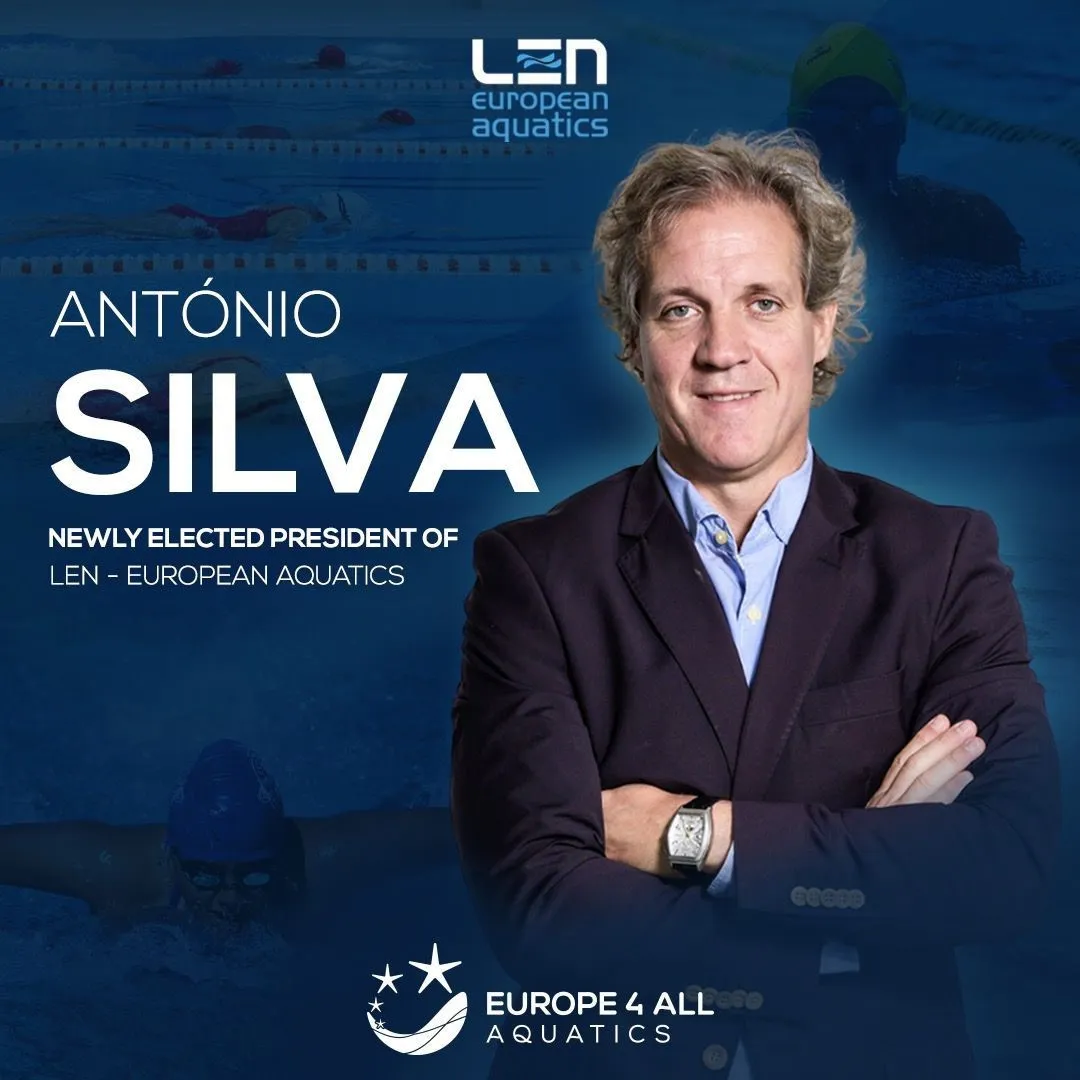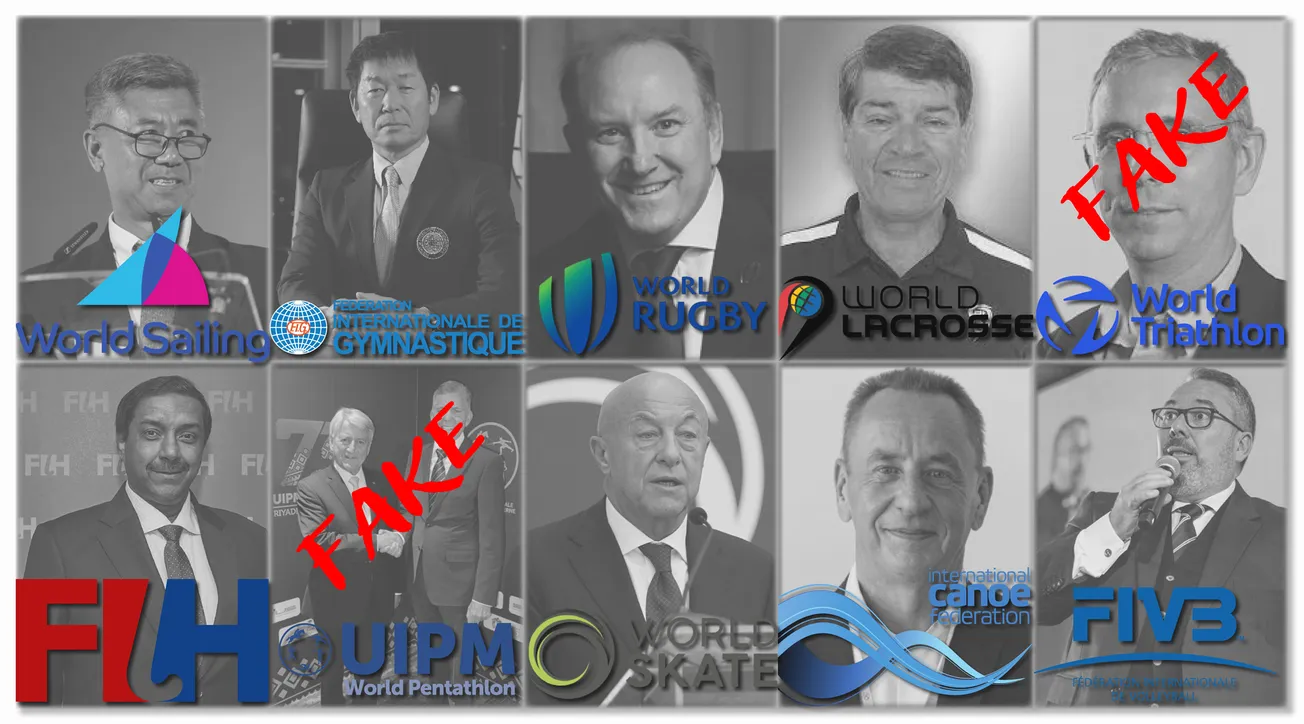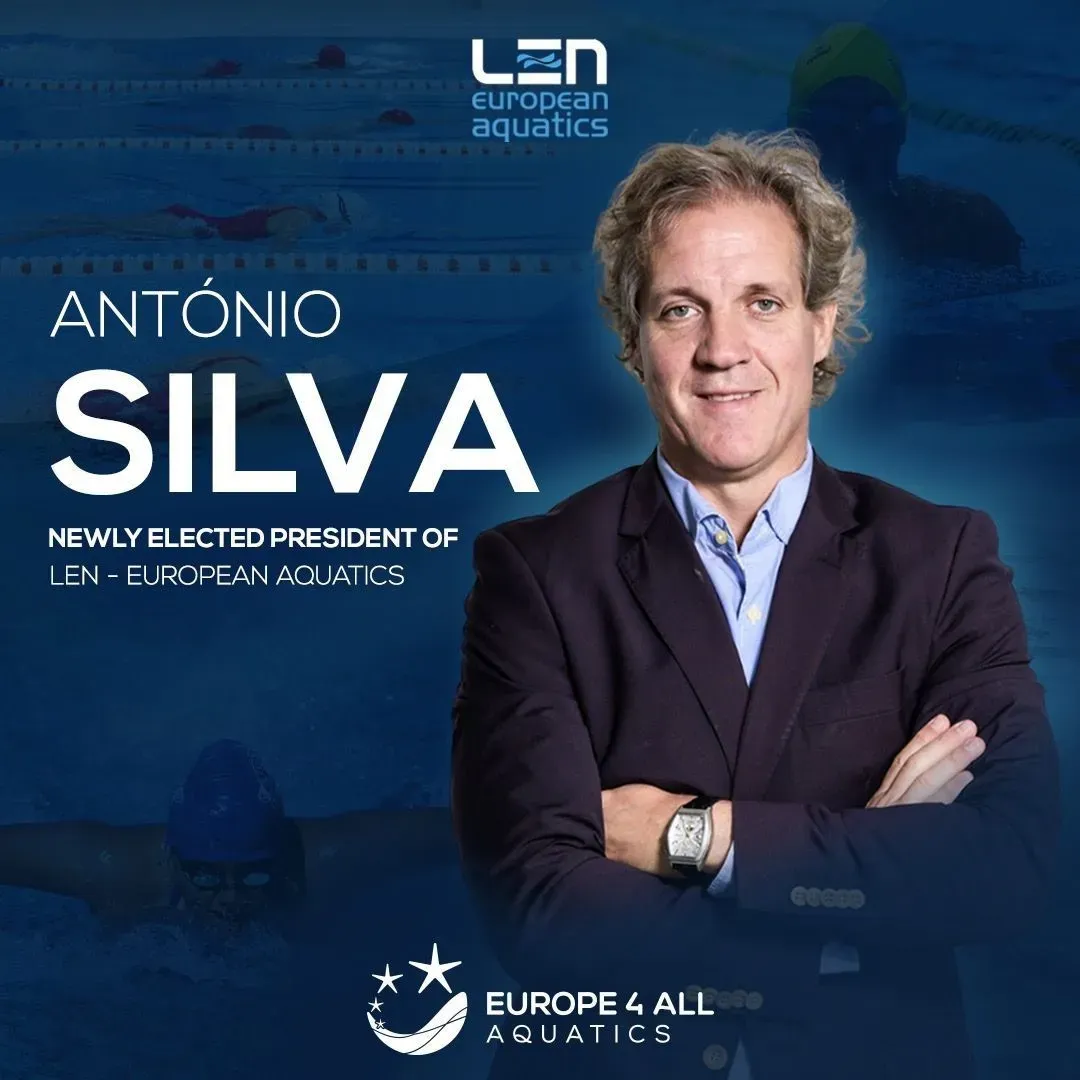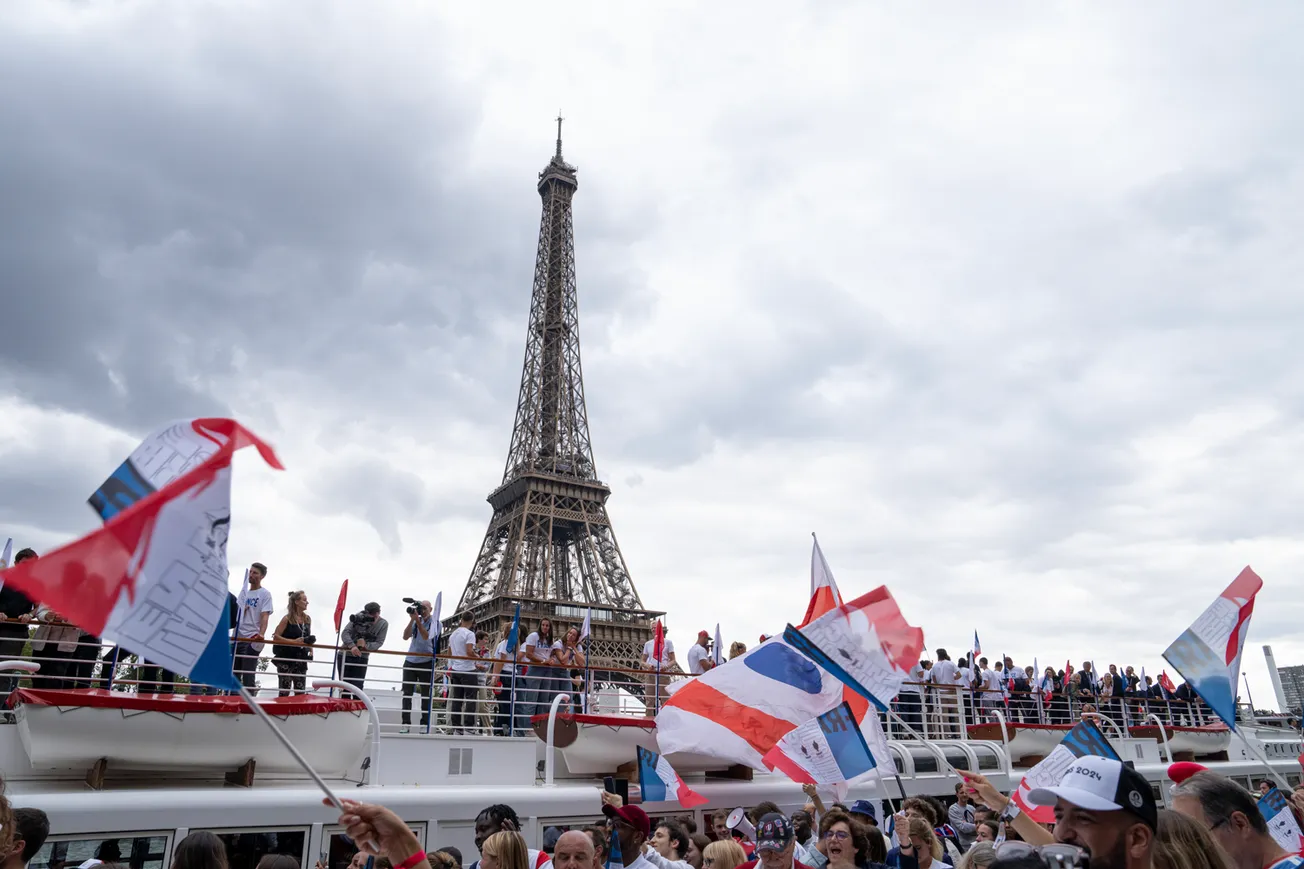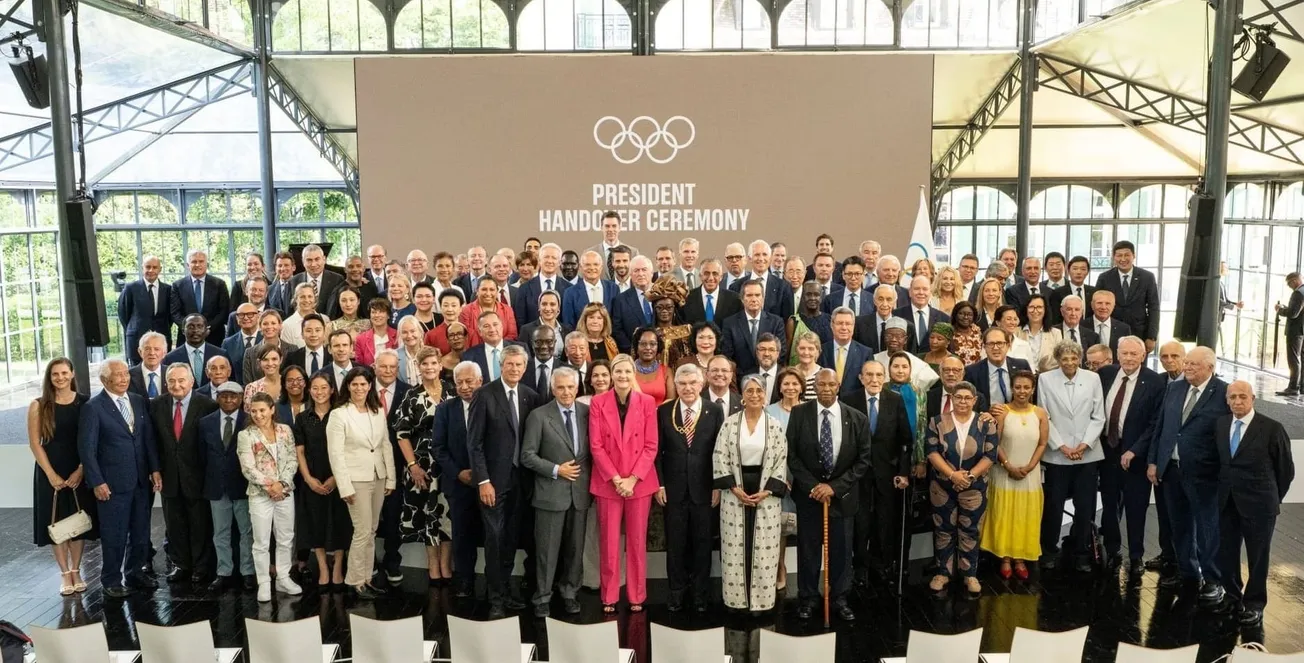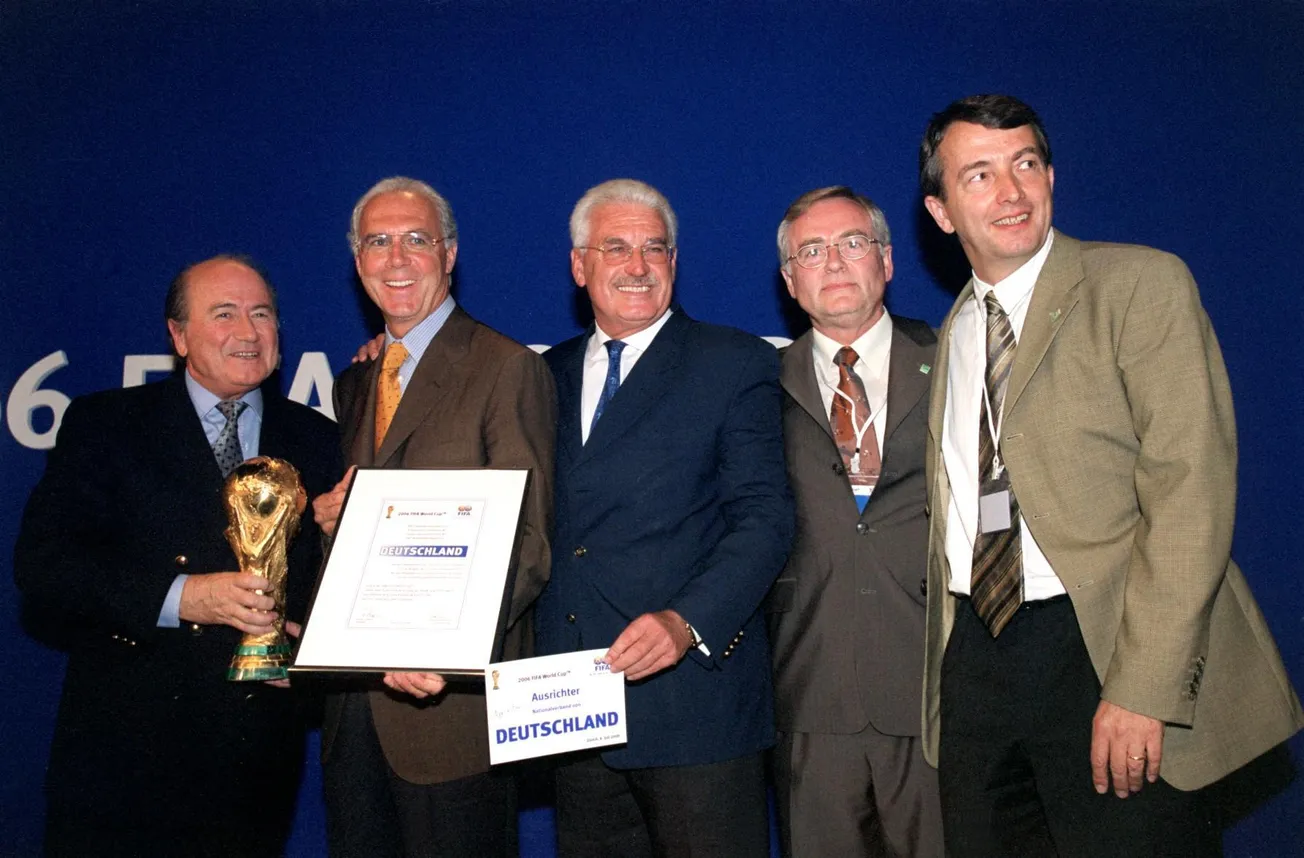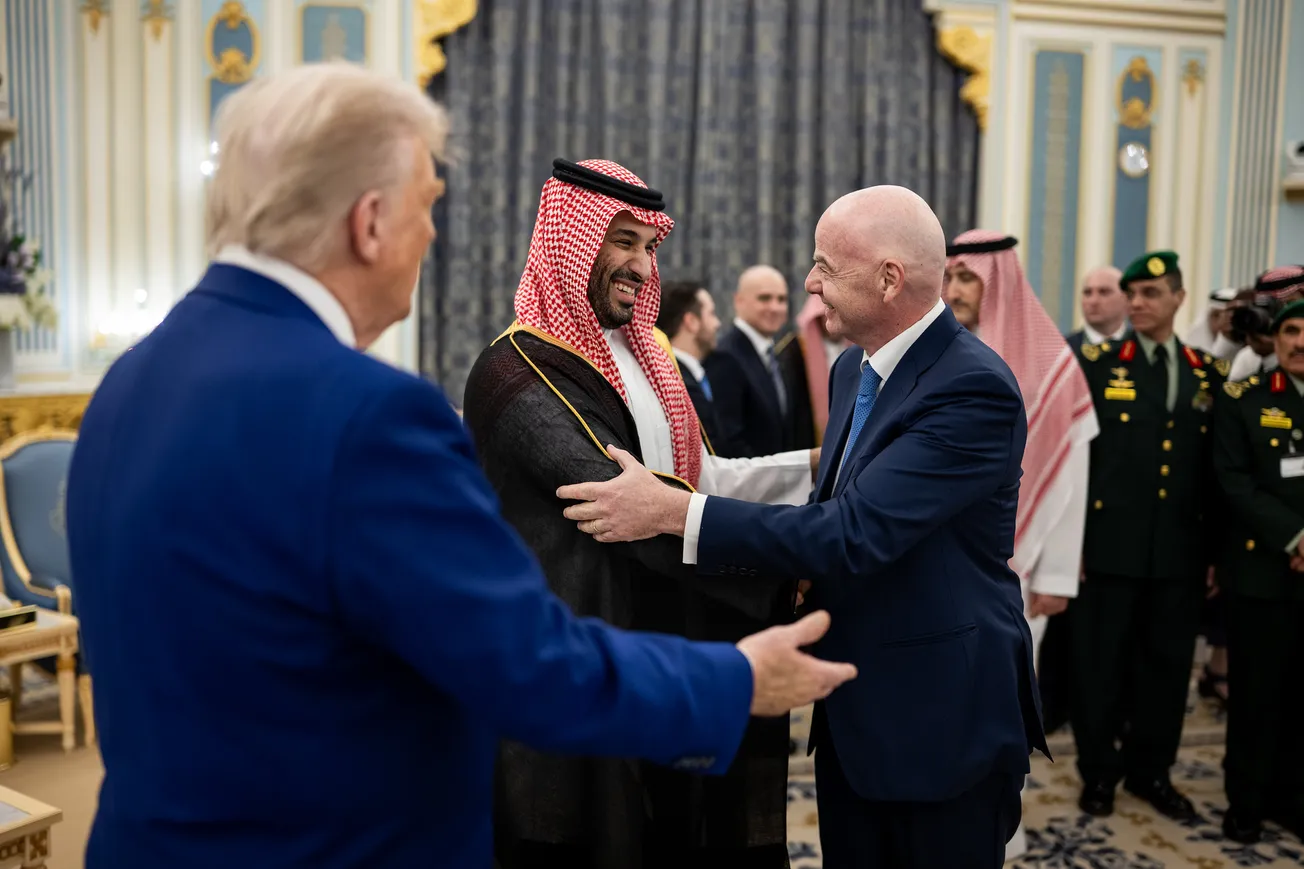It doesn't take long to find an example of the seriously fragile nature of the reform processes being held up far and wide in Olympic sports as evidence that Kafka’s wilfully blind Watchman has been sent to his grave.
Gaze out over the water and there, in the spray of controversy, you'll find a man most of you may never have heard of: António Silva, the current president of European Aquatics, formerly known as LEN (Ligue Européenne de Natation), and a member of the ruling board of World Aquatics.
Just four months ago, European Aquatics opened a new golden era of good governance with this fanfare of a headline: "LEN becomes European Aquatics, approves ethics code and sets up independent Integrity Unit".
Here comes the first serious test of the golden age of rebranding and integrity units that flows from the new dawn of good governance ordered by IOC boss Thomas Bach in one of his visions.
Why the first test, given the ‘good news’ we hear on reforms far and wide?
Simple: it’s easier to judge an enemy than a friend of those in authority. The true test is whether, if and when it can be shown that ‘no man or woman, king, queen, pauper, our man/their man, supporter or detractor, is above ‘the law’, the one rule and governance culture that must apply to all in equal measure if integrity is to mean what the word means: "The quality of being honest and having strong moral principles."
Silva’s election-campaign commitment to integrity and headline from the LEN congress in Madeira last September may well be sincere. But words are not enough.
Many more will be spoken by the Portuguese administrator at an emergency meeting of the European board he has called for 19:00 hours this evening to fend off what insiders describe as "a serious threat to his re-election on January 27".
The first Portuguese president of an international federation in aquatics is swimming against a tide of questions on truth and transparency alongside the flotsam and jetsam of governance culture that reformists told us they would sink to the ocean bed the moment they assumed office in something of a coup two years ago in January 2022.
Silva is being pressed on why he registered intellectual property rights to a federation water-safety scheme and brand in his own name and on suggestions of nepotism in connection with contracts handed to service providers at both the Portuguese and European federations and positions and privileges granted to close associates of those in leading roles in Europe. All of which comes at a time when millions in refunds may be owed to Israel and Russia because of event cancellations caused by military conflicts involving both those countries.
He was the new board’s integrity poster-boy in a revolution that contributed to a World Aquatics decision in November 2022 to slap the former president of the European regulator, Paolo Barelli, the Italian Olympic swimmer of the 1970s, an Italian Senator and vice president at FINA (as World Aquatics was before its own rebranding in December 2022) with a two-year suspension.
Now, Silva is facing his own ethics challenges one year after the inaugural World Aquatics Integrity Unit opened for business and four months after European Aquatics voted in favour of establishing its own Integrity Unit. We can’t repeat that headline claim that LEN "sets up independent Integrity Unit" because the new Integrity Code that will allow that to be the case does not come into force until "the election of the Integrity Unit on 27 January 2024 at the European Aquatics Congress in Athens", as LEN reminds us.

